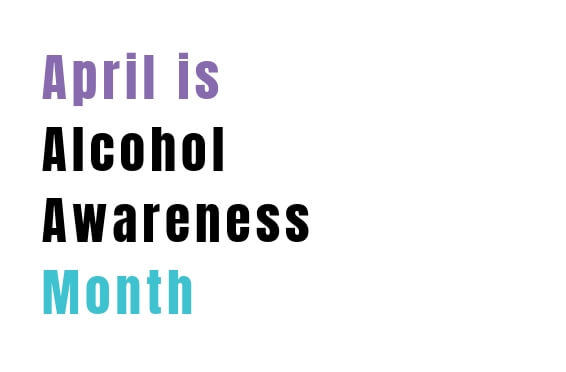
Alcohol Awareness Month is observed every April to raise awareness about alcohol use and misuse and to provide resources for prevention, treatment, and recovery. This initiative was started in 1987 by the National Council on Alcoholism and Drug Dependence (NCADD) to address the growing concerns about alcohol-related issues, whether among students or adults.
During this month, various organizations, including the Substance Abuse and Mental Health Services Administration (SAMHSA), promote educational campaigns to highlight the dangers of alcohol misuse and the importance of seeking help. These campaigns often focus on reducing the stigma associated with alcoholism and encouraging open conversations about alcohol use.
Statistics:
According to the CDC, in August 2024, from an article titled ” Data on Excessive Alcohol Use”.
- Excessive alcohol use is a leading preventable cause of death in the United States, with about 178,000 deaths annually attributed to alcohol-related causes.
Among adults in the United States:
- More than half drink alcohol.
- 17% binge drink. This means they have four or more drinks (women) or five or more drinks (men) on an occasion.
- 6% drink heavily. This means they have eight or more drinks (women) or 15 or more drinks (men) weekly.
- Nearly all of the adults who drink heavily also binge drink.
Binge drinking, by the numbers
Of the four ways that people drink excessively, binge drinking is the most common.
- Over 90% of U.S. adults who drink excessively report binge drinking.
- Most people who binge drink are not dependent on alcohol.
- However, people who binge drink are at higher risk for serious health effects from alcohol compared to people who do not binge drink.
- These passing occur from either drinking alcohol over several years or drinking too much on one occasion.
If you or a loved one have been affected, or you would like to get involved. Here are some ways that you can:
- Share Information on Social Media: Use your social media platforms to spread awareness. Share facts, resources, and personal stories to educate your followers about the dangers of alcohol misuse and the importance of seeking help.
- Attend Local Events: Look for events in your community, such as workshops, seminars, or support group meetings. These events often provide valuable information and resources.
- Organize an Event: If you’re part of a community organization, consider hosting an event like a town hall meeting, a block party, or an educational seminar. This can help raise awareness and provide support to those in need.
- Volunteer: Many organizations need volunteers to help with their campaigns. You can assist with event planning, outreach, or providing support to individuals struggling with alcohol use.
- Donate: Consider donating to organizations that support alcohol education and addiction treatment. Your contributions can help fund essential programs and resources.
- Participate in Alcohol-Free Weekend: The National Council on Alcoholism and Drug Dependence (NCADD) encourages people to engage in three alcohol-free days during Alcohol Awareness Month. This can be a powerful way to raise awareness and reflect on personal alcohol use.
By getting involved, you can make a difference in your community and support those affected by alcohol misuse.
If you or a loved one is being affected by Alcohol Use Disorder, contact Behavioral Crossroads.
Located in Egg Harbor Township, Behavioral Crossroads provides outpatient treatment for substance use disorders, including Relapse Prevention and stages of Change in Addiction and Recovery. We proudly serve Atlantic County, Cape May County, Northfield, Barnegat Township, Linwood, Galloway, Absecon, Margate City, Somers Point, Sea Isle City, and Stafford Township.
If you’re ready to take the next step or want to learn more about our programs, contact Behavioral Crossroads online or call 855-679-5138.







